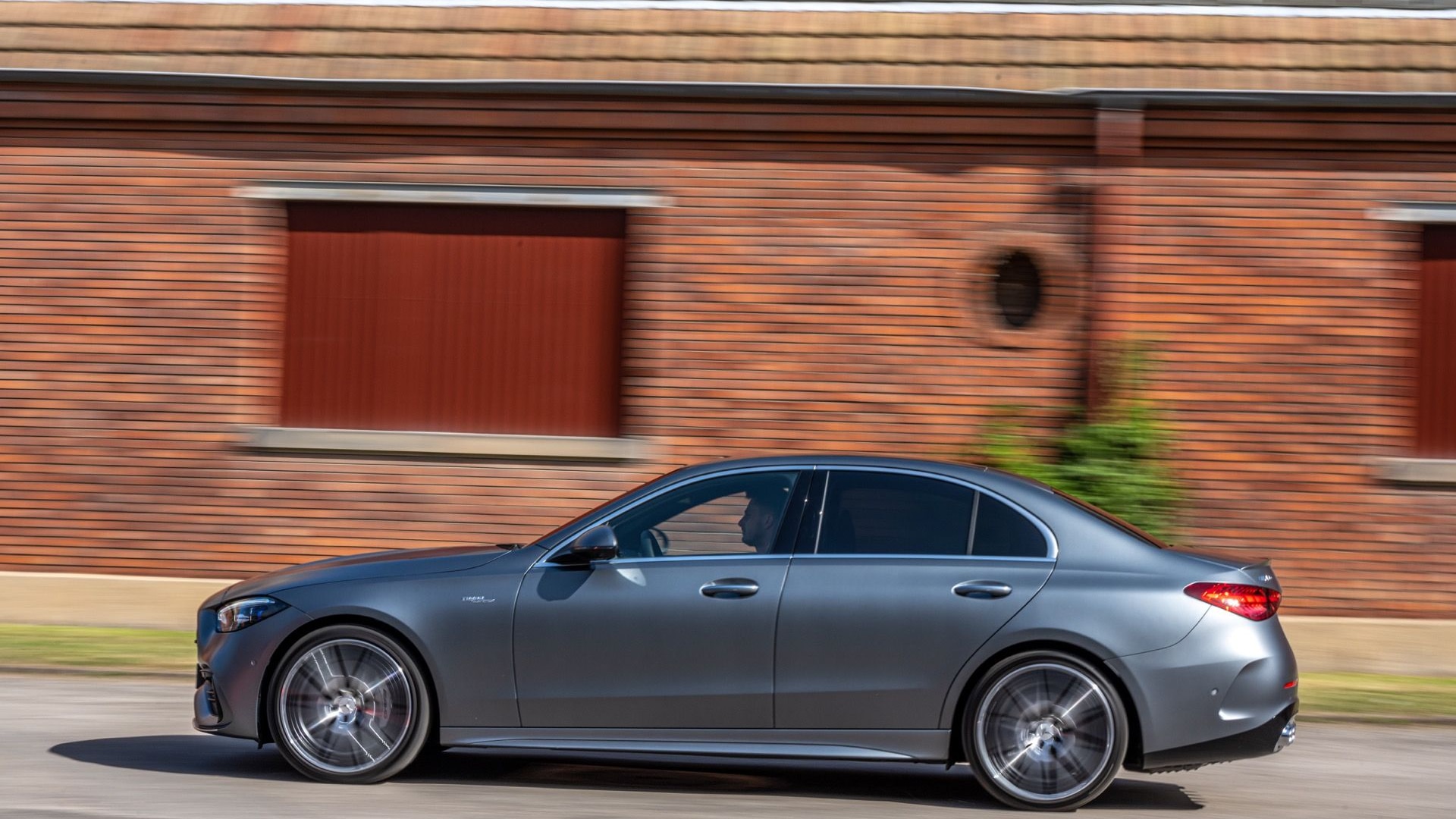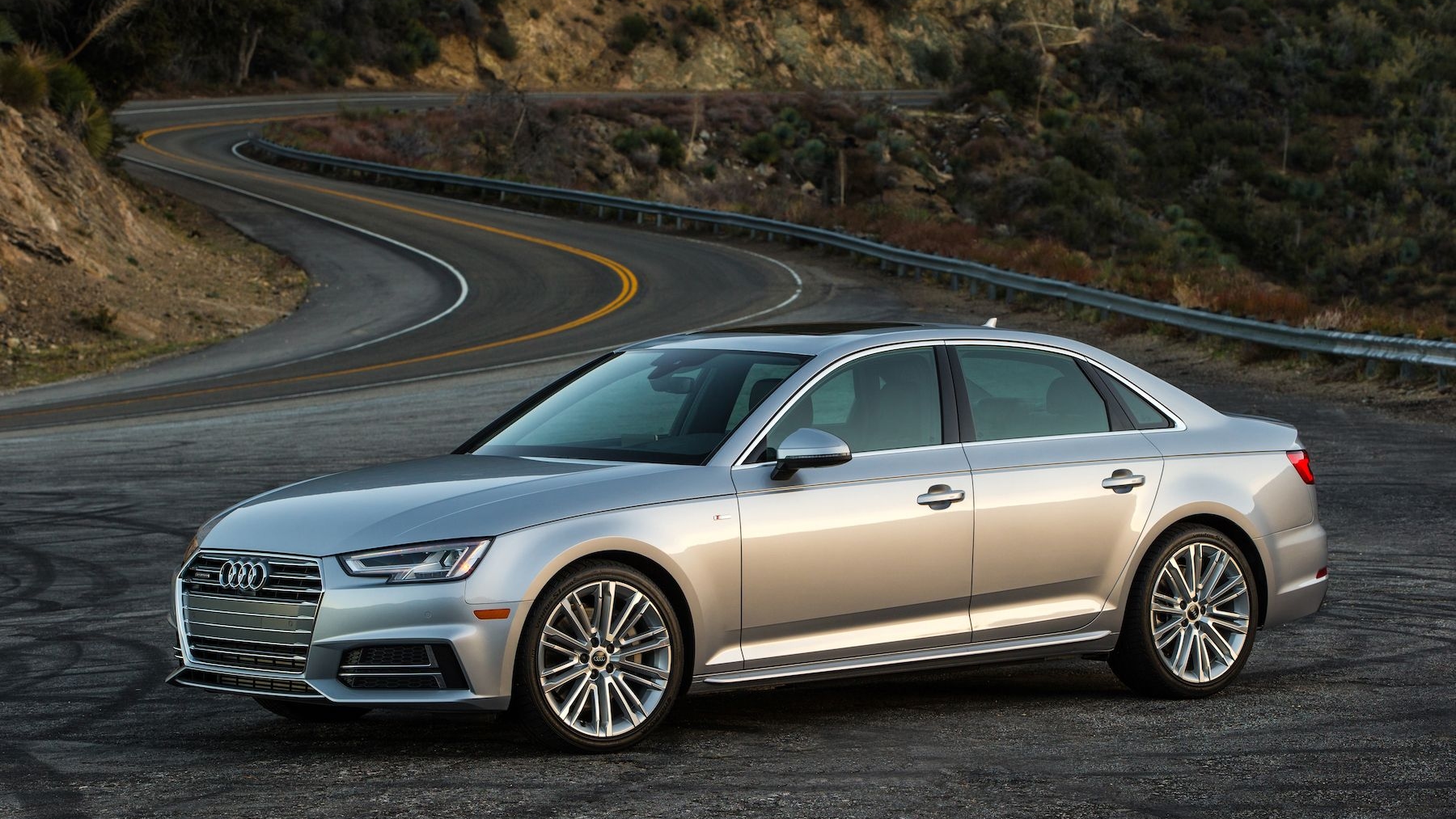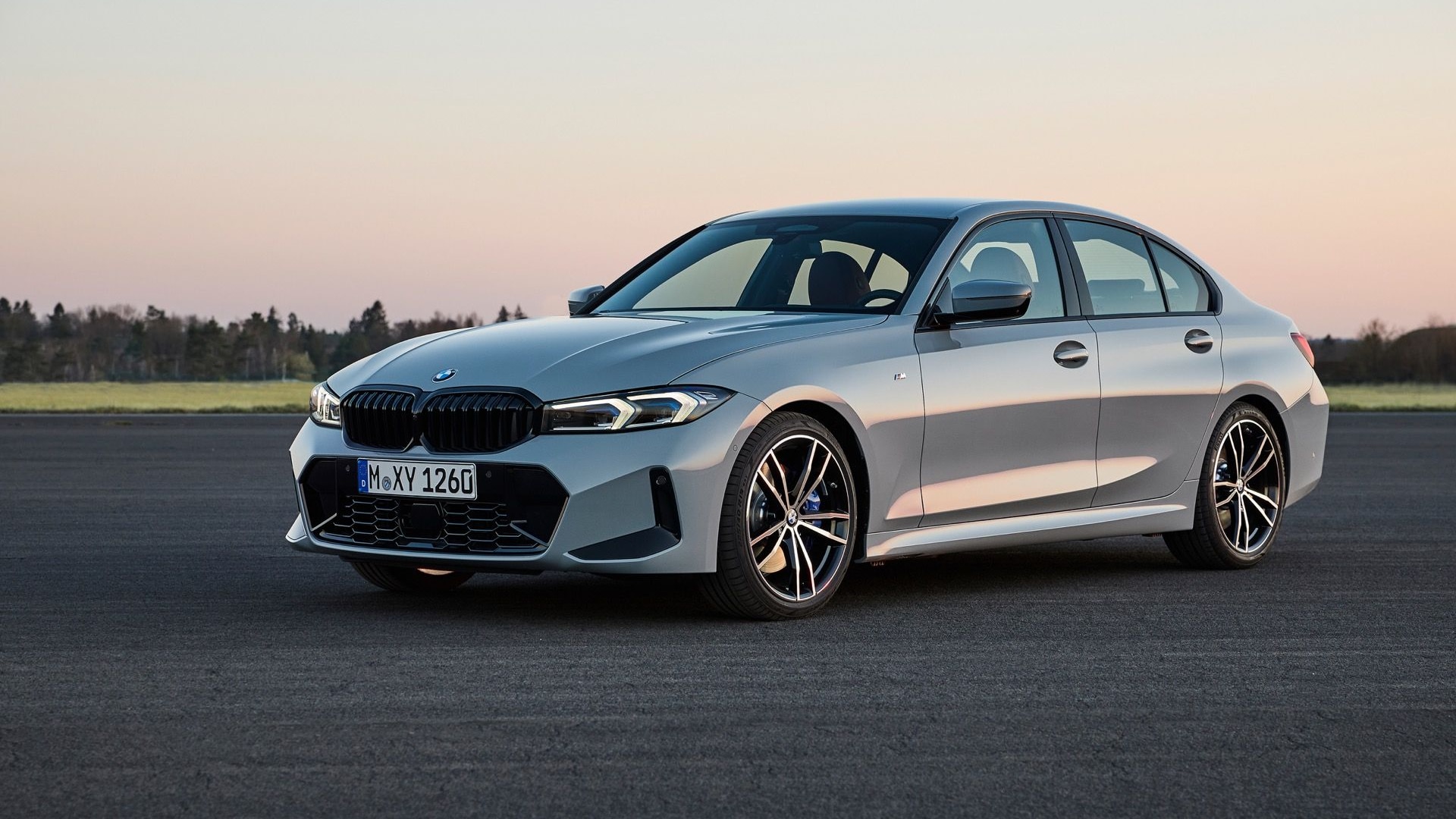
Peugeot 908 HDi FAP Le Mans race car
The Geneva Motor Show is going on right now, and as usual, dozens of new and exciting cars were unveiled. Every auto show these days is viewed through green-tinted lenses, and Geneva is no exception. Mixed in with the mainstream Chevy Cruze Hatchback and Toyota Prius x were hybrid, diesel and high-fuel-economy models from many other manufacturers. For example, Porsche unveiled its hybrid Panamera; the Opel Ampera is the Euro version of the Volt (Amp Era…get it?); VW's Tiguan got a facelift and a fuel economy boost; Land Rover showed off a diesel-powered plug-in hybrid. Let's not forget the most unusual green car: the one-off Rolls Royce 102EX.
(You can read on-the-scene coverage of the Geneva show's debuts here.)
Yet all that green stuff was entirely overwhelmed by the exotic headline grabbers. Ferrari, Lamborghini, Pagani, Aston Martin, Koenigsegg, Gumpert, Maserati, Bentley and Lexus all showcased high-end, high-speed and high-consuming sports cars. Then there were things like the Audi RS 3, the Mercedes-Benz C63 AMG Estate and other high-performance models of everyday cars. Let's not forget that Geneva also showcases high-end tuners. Alpina, ABT, MTM, Mansory, Fab Design, and IED -- a company that clearly doesn't watch enough CNN -- all showed off highly tuned models of Audi A8s, Mercedes-Benz SLSs, and even their own creations.
So what gives? Conventional wisdom says that performance is out, and green tech is in. If Porsche is making hybrids, and even Rolls Royce is tinkering with electric cars these days, doesn't that mean that the greens have won the day? Wasn't a new age of boring gas sippers supposed to be upon us? It is the Amp Era, after all.
My crystal ball isn't any clearer than the next guy's, but there was one car on display that may explain where all this is going: The Peugeot 908 Hybrid4. It's not a production car for the street, but a Le Mans prototype racecar that uses hybrid technology to give it an 80 hp boost when it's needed. It's not the first hybrid racecar, nor is the technology particularly exotic. But the specs are interesting. It runs on diesel, which Audi has proved is an effective fuel for racing. It uses hybrid technology in the same way 80s-era Formula 1 cars used a turbo boost button: For an extra burst of speed when you really need it. It should have range that will shame regular gasoline-powered Le Mans cars, too.
It seems that whether it's a racecar or a fuel-sipping commuter, hybrid technology makes sense in either case. The goal of a hybrid is to extract extra energy that's otherwise "wasted" through braking, coasting, etc., and then use it to increase horsepower and/or extend range. Extra power is always needed in racing, but so is long range, since the less time you spend in pits, the more time you can be on the track. This is especially true for endurance racers like this Peugeot. Coupling it with diesel power makes even more sense, given the extended range one already gets from diesels.
Think about it. Diesel wasn't thought of as a performance fuel until Audi campaigned -- very successfully -- with diesel-powered Le Mans prototypes. They inspired a one-off R8 with a diesel V-12 engine, 0-60 mph times of 4.2 seconds, and 23 mpg. Porsche has already committed to hybrid power for the Panamera and Cayenne, and the word "diesel" has been bandied about for the company as well. Could a hybrid 911 be far off?
The Peugeot 908 Hybrid4 proves that high performance and green technology don't have to be at odds. Will it trickle up to exotics? One would hope so. At these prices, hybrids could be very exotic indeed, advancing the technology in ways a price-sensitive Prius never could. A hybrid-diesel powered exotic sports car may not happen for years. But if Peugeot's campaign for Le Mans glory is successful, it may not be as many years as you think.


